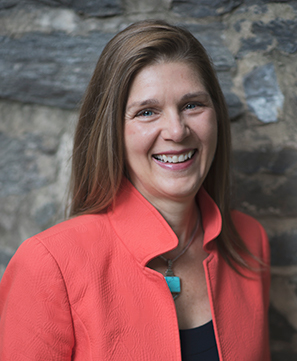
If you work in fundraising you should read Gender Matters. It’s that simple. The financial services sector is years ahead of the nonprofit sector in recognizing and adapting to women as they transition to wealth.
And if you don’t read the book, at least listen to her interview on #ChatBytes!
What blows my mind about the approach advocated by author and fundraiser, Kathleen Loehr, is that although it takes time and deliberate change, you wind up following a path leading to solid fundraising relationships with women and men AND with other minorities. In this light, the folly of ignoring women compounds!
In the interview, Kathleen specifically gives prospect researchers some great advice about how to persuade development officers to adopt female major gift prospects. She suggests that we start with the known data: women increasingly have their own wealth, but even more important, they influence or are the sole philanthropic decisionmaker in a majority of households.
From this foundational knowledge persuasive actions can flow:
- Treat the spouse as a full human being. Use her name
instead of a pronoun or a reference such as “wife.” When referencing
philanthropy, include both spouses in your references. And if you don’t find
any information, mention that in your report. - Highlight the information you know from the
research on women’s philanthropy. For example, women often give to multiple
organizations so consider her aggregate giving.
Women’s Philanthropy Infographic | Get key research findings at a glance >>Download Now<<
Kathleen gives a great example of a presentation she was making where she talked about the research findings that single women out perform in giving. A VP in the audience had his team at the office check up on how single woman performed in his database. She tells you what happened when he got the results.
And some of what Kathleen mentioned really resonates with the ever-emerging role for researchers to provide insights about the prospect information we gather. She wants us to suggest questions the development officer might ask on a visit where the woman will be present.
Do you ever imagine what questions you would ask if you could get in front of a philanthropic, wealthy woman you are researching? Maybe you should!
Resources Mentioned
- Gender Matters: A Guide to Growing Women’s Philanthropy | Kathleen Loehr
- Women’s Philanthropy Infographic | All the important stats at a glance
- Women’s Philanthropy Resources in the Research in Fundraising Collection | Women in Philanthropy